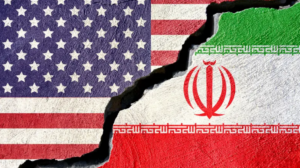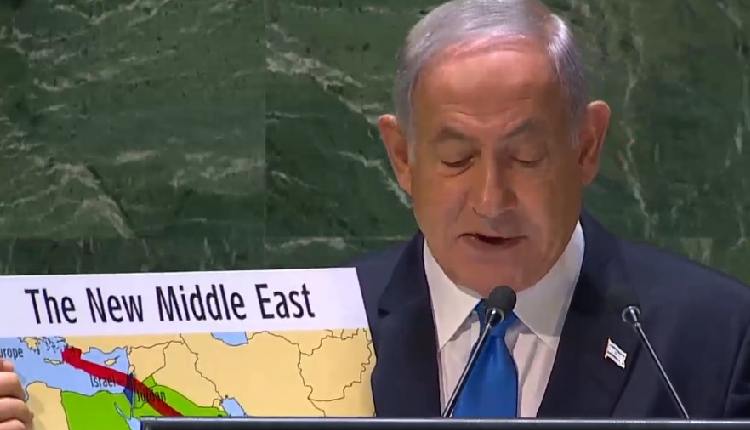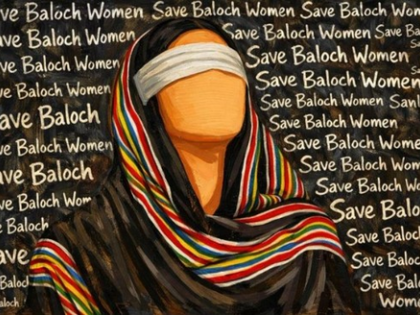
Pakistan has always been in the spotlight for being a prominent hub for global drug trafficking. Past records and recent investigations show how Pakistan played a crucial role in the production, transportation, and distribution of narcotic substances across the world. There is clear evidence about the drug mafias have always received protection from the Pakistani establishment.[1] Pakistani politicians, security agencies, and even people are involved in drug smuggling to the US and Europe.
The US State Department has time and again expressed concerns over the Pakistan government’s inability to prevent drug trafficking.[2] Pakistani nationals are deeply involved in the global narcotics trade. Pakistani father-son duo were imprisoned for long terms in 2005 after 40 kgs of heroin was seized from them in the US and UK. During the trial, US Judge Alexander Williams said “This is probably the most serious drug case I’ve seen, which involved pure heroin being transported around the world.”[3]
In 2018, two Pakistanis were apprehended by French authorities for smuggling drugs and then jailed for two years.[4] UK authorities had in 2017 caught Pakistani national Muhammad Asif Hafeez, who has a large drug trafficking business spanning Europe, Africa, Asia and North America.[5] Hafeez has been extradited to the US as he is facing charges of importing drugs.[6]
United Nations Office on Drugs and Crime (UNODC) said drug smuggling has continued to increase in Pakistan over the past few decades, while the country remained a dominant transit route for the narcotics substance destined for Europe.[7] Even when the global supply chain was disrupted during the 2019 Covid-led lockdowns, the drug menace from Pakistan did not stop.[8]
While Afghanistan is the biggest opium producer, drug trafficking to Western countries could happen due to the strong involvement of Pakistan, said ctivist Habiba Ashna Marhoon. “Its establishment has left no stone unturned in exploiting this geographic location to its own advantage. The money generated from the drug trade has been used to fund proxy terror groups,” she said.[9] Pakistan continues to be the prime supplier of narcotic substances.
Soon after the 9/11 attack, FBI official Steven C. McCraw arrested Pakistani nationals in connection with drug trafficking activities linked to Al Qaida and the Taliban. “The investigation determined that heroin, grown and processed in Afghanistan and Pakistan, was being shipped to the U.S… Profits from the sale of the heroin were laundered through Afghan and Pakistani-owned businesses and then sent back to associates of terrorist organizations,” he said.[10]
There have always been allegations of solid links between Pakistan’s security agencies and drug syndicates.[11] United States Institute of Peace (USIP) said Pakistan’s military maintained relations with heroin trafficking even when the US was working to support the Afghan resistance in the 1980s.[12] A few years later, former Prime Minister Nawaz Sharif revealed that the country’s army generated funds from drug trafficking to support covert its military operations.[13]
The nexus between the Pakistani army and drug cartels exists even today, revealed the NATO Defence Education Enhancement Program (DEEP) in its new report. Pakistan’s spy agency Inter Service Intelligence (ISI) has been sympathetic to Islamic extremist groups, and all rely heavily on narcotics money to fund their operations. “The ISI expanded the reach of the smuggling pipeline to Central
Asia, the Balkans, and South Asia, effectively creating the northern, Balkan, and southern routes for narcotics trafficking that has been the lifeblood of drug syndicates for decades,” the report said.[14]
Even people of Pakistani origin have been found to be active in the drug trade. They travel to Pakistan to smuggle narcotics substances back into the countries, of which they received citizenships. One such person of Pakistani heritage was Arfan Mirza, who was arrested at Heathrow Airport by the British authorities for importing heroin worth GBP 22 million from Pakistan in February 2023.[15] Two more young persons of Pakistani origin began visiting their ancestral country to explore the vibrant drug trafficking opportunities. Dr Mohammed Qasim, criminologist and a researcher at Leeds Becket University, said “There are, it seems, an increasing number of British Pakistanis who are today involved in smuggling heroin from Pakistan to the UK.”[16]
[1] https://www.geo.tv/latest/495706-dirty-money-politics-of-drug-trade
[2] https://courtingthelaw.com/wp-content/uploads/Optimising-Pakistans-Drug-Law-A-Report-by-FFR.pdf
[3] https://www.justice.gov/archive/usao/md/news/2006/Pakistani%20Father%20Sentenced%20to%20Life%20and%20Son%20Sentenced%20to%2030%20Years%20in%20International%20Heroin%20Trafficking%20Scheme.html
[4] http://archive.pakistantoday.com.pk/2018/03/13/drug-smuggling-case-french-court-sentences-pia-stewards-to-two-years-in-jail/
[5] https://www.theguardian.com/uk-news/2017/aug/25/suspected-druglord-muhammad-asif-hafeez-faces-extradition-to-us
[6] https://www.geo.tv/latest/487798-asif-hafeez-extradited-to-us-after-fighting-for-six-years
[7] https://www.unodc.org/documents/data-and-analysis/WDR2012/WDR_2012_web_small.pdf
[8] https://www.unodc.org/res/wdr2021/field/WDR21_Booklet_5.pdf
[9] https://thediplomat.com/2020/10/pakistans-drug-habit-is-endangering-the-region/
[10] https://archives.fbi.gov/archives/news/testimony/international-drug-trafficking-and-terrorism
[11] https://www.bbc.com/news/10391539
[12] https://www.usip.org/sites/default/files/resources/taliban_opium_1.pdf
[13] https://www.washingtonpost.com/archive/politics/1994/09/12/heroin-plan-by-top-pakistanis-alleged/311942bb-983a-416e-b735-7d71a07ba030/
[14] https://deepportal.hq.nato.int/eacademy/wp-content/uploads/2022/05/Narco-Insecurity-Inc..pdf
[15] https://theprint.in/world/british-pakistani-man-jailed-for-20-years-in-uk-for-smuggling-heroin/1385447/
[16] https://www.vice.com/en/article/ev3kyj/the-british-criminals-moving-to-pakistan-to-make-a-killing-from-heroin






